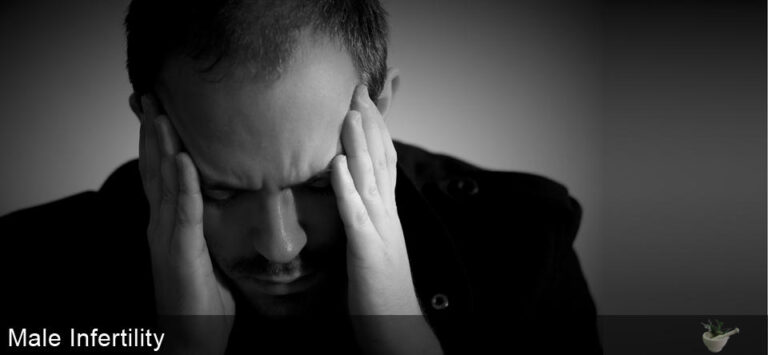Male Infertility

Infertility means you cannot make a baby (conceive).
Infertility is grouped into two categories:
- Primary infertility refers to couples who have not become pregnant after at least 1 year of unprotected sex (intercourse).
- Secondary infertility refers to couples who have been pregnant at least once, but never again.
Causes, incidence, and risk factors
A wide range of physical and emotional factors can cause infertility. Infertility may be due to problems in the woman, man, or both.
Male Infertility
Male infertility may be due to:
- A decrease in sperm count
- Sperm being blocked from being released
- Sperm that do not work properly
Male infertility can be caused by:
- Environmental pollutants
- Being in high heat for prolonged periods
- Birth defects
- Heavy use of alcohol, marijuana, or cocaine
- Too little or too much hormones
- Impotence
- Infection
- Older age
- Cancer treatments, including chemotherapy and radiation
- Scarring from sexually transmitted diseases, injury, or surgery
- Surgery to prevent pregnancy (vasectomy), or failure of vasectomy reversal
- Retrograde ejaculation
- Smoking
- Use of certain drugs, such as cimetidine, spironolactone, and nitrofurantoin In healthy couples under age 30 who have sex regularly, the chance of getting pregnant is about 25 – 30% per month.
- A woman’s peak fertility occurs in her early 20s. After age 35 (and especially 40), the chances that a woman can get pregnant drops considerably.
Symptoms
The main symptom of infertility is the inability to become pregnant. Specific symptoms depend on what is causing the infertility
Infertility can cause many painful emotions in one or both partners.
